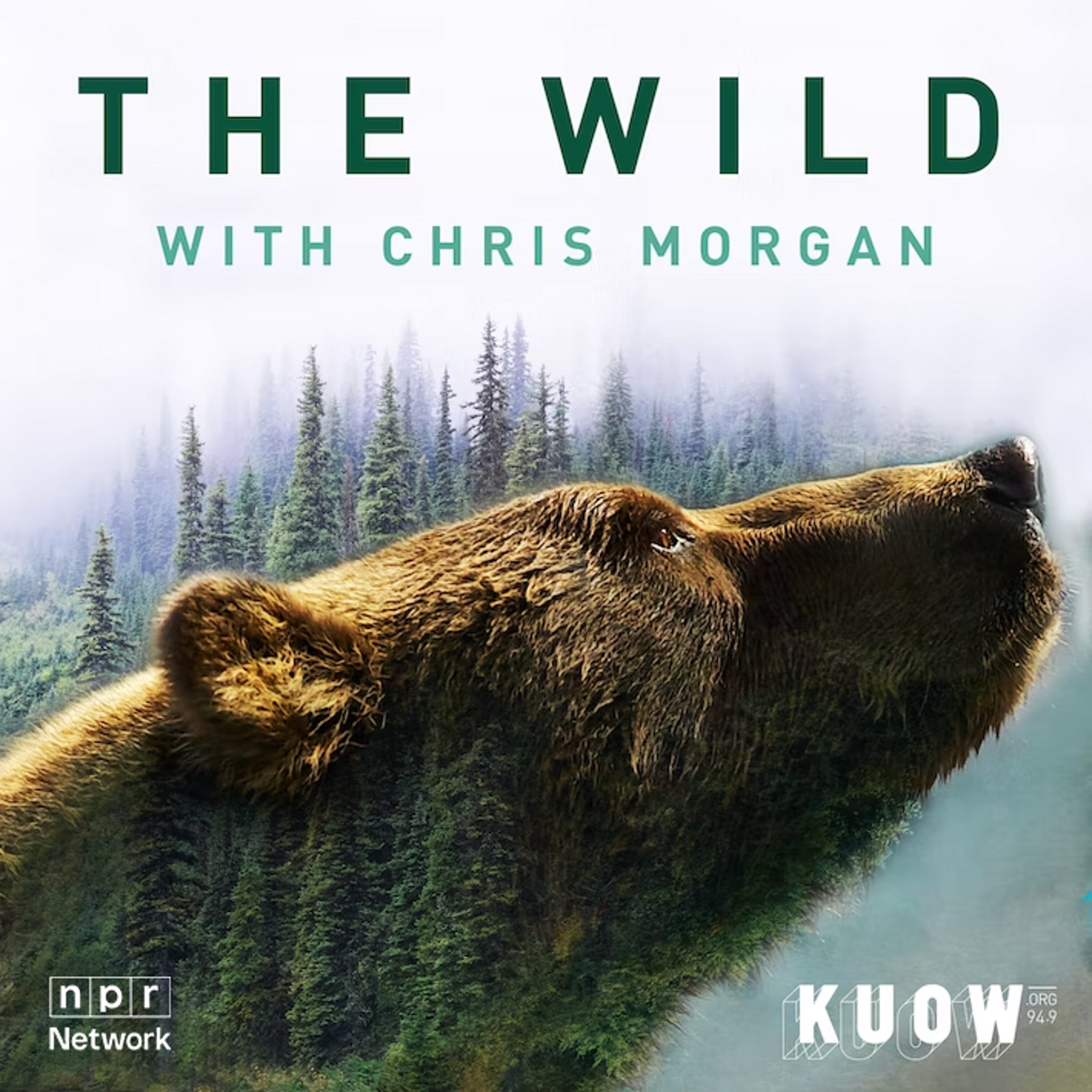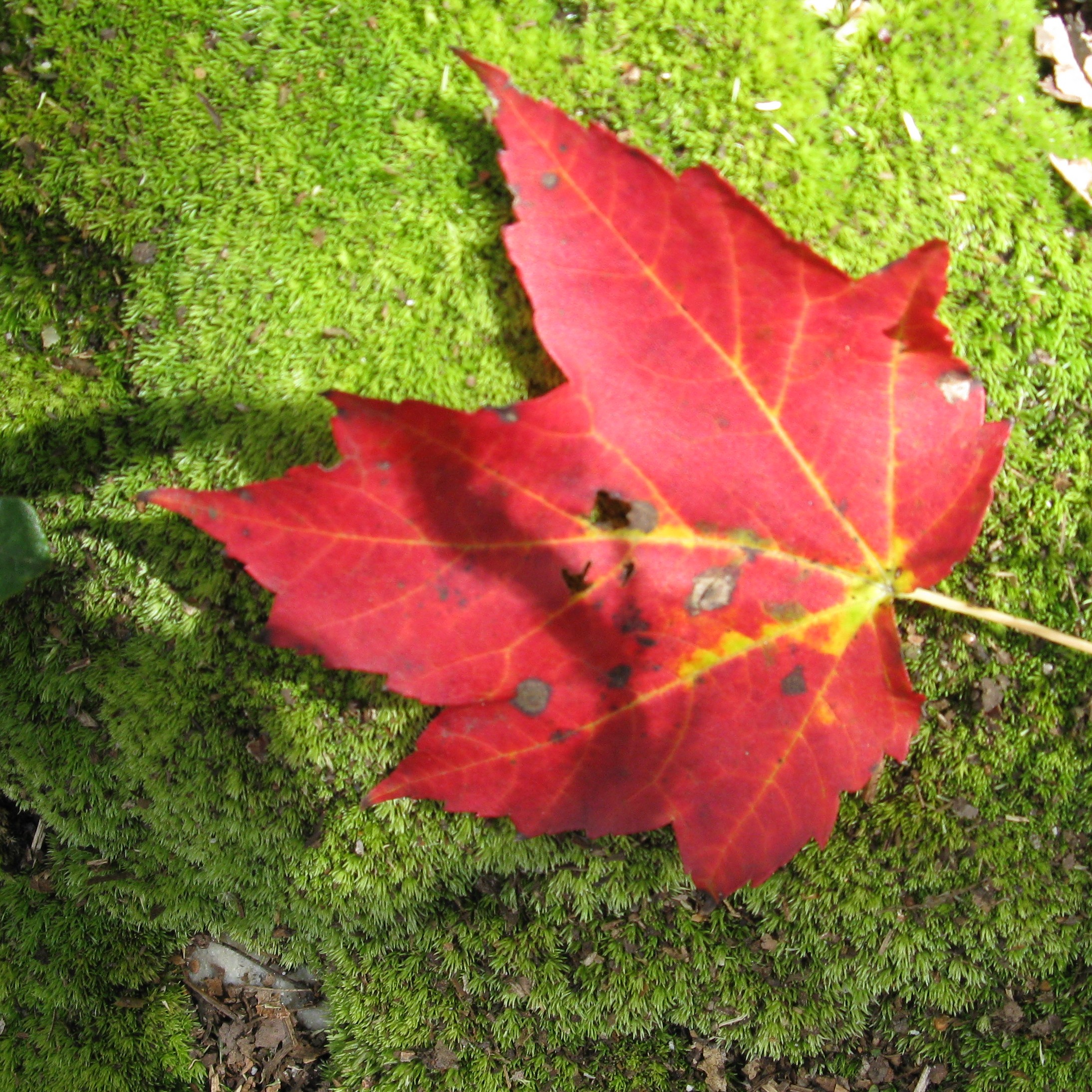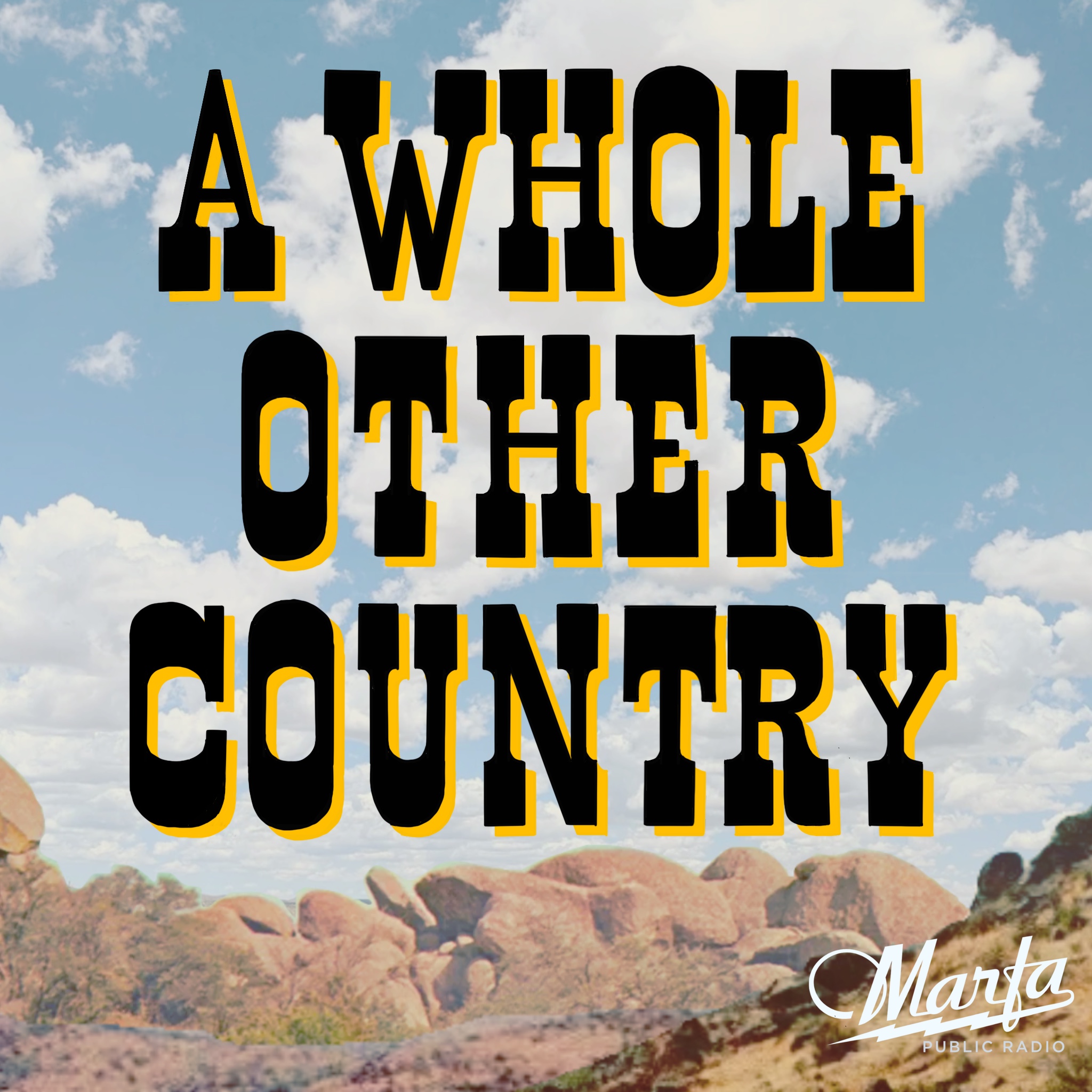
The Jiffy: Stories From Upstate New York
A documentary audio zine about upstate New York, exploring cozy histories, odd mysteries, and personal dispatches from the land of bucolic barns and Kinderhook blobs.
Each episode is an upstate odyssey. From high-stakes bake-offs and haunted antiques to roadside cows and quaking trees, host James Cave brings you stories from New York’s non-Manhattan regions told with curiosity, humor, and the occasional text message from a stranger.
The Jiffy: Stories From Upstate New York
A Postcard From Pinkster Fest
Use Left/Right to seek, Home/End to jump to start or end. Hold shift to jump forward or backward.
It’s a Jiffy Audio Postcard today from Rothermel Park in Kinderhook, where the Pinkster Festival – a powerful Black cultural celebration with Dutch colonial roots – was revived for the first time in more than 200 years.
Pinkster began as a Dutch Christian holiday but evolved into a vital gathering for enslaved and free Black New Yorkers in the 18th and 19th centuries. This episode follows the festival’s modern-day return, in partnership with the African American Archive of Columbia County and local organizations working to reconnect descendants, reanimate memory, and reclaim a once-forgotten holiday.
You’ll hear from festival organizers, historians, community members, and King Charley, as they honor ancestors through the libations ceremony and explore the unique shape of slavery in the Northeast.
We also reflect on what it means to hold this celebration just steps from the historic Persons of Color Cemetery, and how genealogy and place are being used to build one of the largest known Black family trees in New York State.
If you found this episode interesting, text it to someone who might like to hear it! Word of mouth really helps this show grow.
And if you'd like to hear my earlier episode with the Archive where we visited the Jan Van Hoesen-Charles Marriott House, you can find that here.
To learn more about the African American Archive of Columbia County, visit them at: https://www.afamarchivecc.org
"The Jiffy Audio Newsletter Podcast" is an audio documentary zine – the official podcast of The Jiffy – exploring the odd histories, cozy mysteries, and surprising characters of upstate New York. Each episode is an adventure, and new episodes drop every other week.
Subscribe, share, and take the scenic route with us.
Follow James on Instagram: @jamescave
Hey there and welcome to another episode of The Jiffy Podcast, a podcast about upstate New York that really takes you places. Like right now. We're in Rothermel Park in Kinderhook. It's the site of what looks to be like a really little l eague baseball game and the baseball diamond over there that may be going into extra innings. But more importantly for our show today, it's also the site of the original Kinderhook Black Family Reunion and Pinkster Festival. I'm doing this episode in partnership with the African American Archive of Columbia County, which is working to build what may become the biggest family tree of Black ancestors in New York that connects descendants of those who were historically enslaved in the Hudson Valley with their relatives and ancestors. And in a previous episode the Archive and I visited the Jan Van Hoesen- Charles Marriott House in Claverack. It was a very interesting trip. You should listen to that, if you haven't already. I will link to it in the show notes here. But today we're looking at another facet of upstate history. As I said before, it's the Pinkster Festival.
James Cave:Pinkster began as a Dutch Christian holiday Pentecost or " as they would have said in the 1600s, but by the 1700s and early 1800s it had evolved into a major celebration for enslaved and free black communities across New York.
James Cave:For several days each spring, Black New Yorkers, who were often separated either by slavery or just the long distances between farms, would gather to reunite, parade, drum, dance, sell goods, sing hymns and crown their Pinkster King. In fact, it was on Pinkster Day in 1843 that Isabella Baumfree chose to change her name to Sojourner Truth, after having emancipated herself the year before in Ulster County. But the big festivals, the heyday of these Albany Pinkster Fests, were largely banned by the 1810s. They began disappearing across the state, largely due to white fears of Black social gatherings and the shifting politics of an ever-growing society i n New York. However, Pinkster has been making a comeback recently, with the historic sites such as Philipsburg Manor and Schuyler Mansion hosting annual Pinkster festivals. This year, the Archive partnered with the Village of Kinderhook, the Columbia County Historical Society, and other groups to bring Pinkster back to Columbia County, possibly for the first time in more than 200 years. So here we go. For this episode, it's an audio postcard from the Pinkster Festival in Kinderhook, New York.
Group:... forget thee / Shadowed beneath thy hand / May we forever stand / True to our God / True to our native land.
Lisa Fludd-Smith:I'm Lisa Fludd-Smith. I'm the Deputy Executive Director of the African American Archive of Columbia County. We are right next to the historic Persons of Color Cemetery and we are here to celebrate Pinkster and also to celebrate the descendants of those who were enslaved in Lindenwald and the area around here.
Group:... p ast / Till now we stand at last / Where the bright gleam / Of our bright star is cast.
Lisa Fludd-Smith:So when the duchy originally came here, Pentecost was a big holiday during their religious year and it came in the spring, usually after the harvest was sown but before it was reaped. So there was a little bit of downtime and it would be a time for the Dutch families to visit with their families. It also became a time when they would allow their enslaved people to have a few days off, and so the enslaved people took that holiday and kind of made it their own. They gathered together with a feast and dancing and music, and for a lot of people, because of the way that the enslaved people were so spread out in this area, for a lot of people that might be the only time in the year that they would see other people that they were related to, maybe the only time that they would hear their native languages because so many people were coming together. So it's a really special holiday. It's a very unique African American holiday and also Dutch holiday.
Victoria Jimpson-Fludd:I want to welcome all of you here to the second annual Original Black Family Kinderhook Family Reunion and our first annual Pinkster Fest. My name is Vicki Jimpson-Fludd. I'm with the African-American Archive of Columbia County and we're putting on this program with the National Park Service's Martin Van Buren Historic Site not Martin Luther King, the other Martin.
Michael Douma:I am Michael Douma, associate professor at Georgetown University in the business school, where I run an institute for the study of markets and ethics. I like to say that I am a historian working with philosophers in a business school. It's a very interesting hybrid position, and I'm also fortunate that I get to teach in the Georgetown history department on the side. So I teach slavery and capitalism, I teach economic history. So when you see that New York slavery is Dutch and domestically grown and traded within the networks of New York and New Jersey, you see it now as more, not condensed, but more of a self-contained unit of a certain type of culture, a certain type of slavery of people that are connected. And I know you asked me ahead of time the difference between Dutch and English slavery and how slavery was different in the Hudson Valley. There's a lot of subtle things to be said about that. It's very difficult. There is a distinct Dutch slavery and it is most apparent in the Pinkster celebrations, which are really don't start until like the 1780s.
Lisa Fludd-Smith:So enslavement by the Dutch was and particularly in New York in the northeast, was really different than what we think about enslavement in the South. Most people would only have maybe two or three people enslaved in their households and there was sort of an ability to have like a negotiation between enslaved and enslaver. And I think one of the aspects of that is this whole thing of Pinkster, of having two or three or four days off to go and gather and be away from your enslavers, and yet you still came back. Very rarely did you hear that people went away to Pinkster and they ran away and left. A lot times, mostly, they just came back. So I think it's a really interesting way of thinking about the relationship between the enslaver and the enslaved in the Northeast.
Rev. Linda Van Alstyne:My name is Reverend Linda Van Alstyne, I'm an associate minister at Payne AME Church in Chatham, New York, and my pastor, the Paulette Adams, is here with me as well, and I have the honor of pouring libations this afternoon. Libation is giving honor, reverence, respect and recognition to our ancestors, whose shoulders we stand on, and our elders, whose shoulders we walk in. I greet you, my brothers and sisters, in the name of Jesus. This afternoon, we pour libations to honor the past, so that we may learn from it. We use water because it has no enemies. We use water as a symbol of the continuity of life, to purify and to nourish our souls cleansing, healing life and spiritual renewal. And as I pour, I'm going to be saying some things and, when I get done saying each thing, if you would say," which means. So be it."
Rev. Linda Van Alstyne:Amen.
Michael Douma:They go into these towns for three, four days and the slave owners expect them to come back, but they might give them some cash. It reminds me of the European tradition of resistance against the kings, the topsy-turvy, upside-down days when the peasants go marching through the city and say, "we're in charge, we're the kings. Now you have to pay a tax to cross our bridge and get back to your castle. And what's happening in that is it's a form of negotiation. The slaves are slowly pushing against the established order. The courts are slowly -- I call it a pendulum swinging towards freedom, and, in the 1780s and 1790s, going off that liberty motivations, the freedom philosophy that's developing out of revolution, t he slaves start asking themselves: Why don't we get more power? Why don't we get freedom? They understand the hypocrisy of the system that enslaves some people and not others, and so the slave owners are under pressure and they start giving in slightly more and more.
Victoria Jimpson-Fludd:Next, I'd like to introduce our King, Don Hyman, who is also going to be King Charley, who's going to lead the festivities, and he will be crowned by the mayor and Reverend Joy.
Donald Hyman:My name is Donald Hyman. My role today is as the Pinkster King. His name is King Charley, and he represents the King of the Pinkster Festival. He's necessary, he's part of the procession, he leads it, he hangs with the parade for the weeks that it's there and all the enslaved people look up to him. Now, one of the things he likes to do is he goes to every vendor every day and collects shillings from them. So he's kind of like a storekeeper, a landlord you might say. But everybody respects Charley, and, uh, they have -- King Charley is the character and he's written about um in 1803 in a newspaper article and they describe him. He's supposed to be, like, this particular Charley's 85 years old, from Kongo, Angola. Uh, he usually wears a very red coat we got some red in here and he usually has a hat with this plumage like this. You know, some of them mentioned that um, they remind you of Marcus Garvey when he was riding around like that. I'm saying that the pomp and circumstance that goes with the Napoleon-esque type look, with the hat, you know, stands out. Uh, and especially if you go to some African kingdoms, feathers are very important, you know. They symbolize things. So it's not just the hat, it's also the feathers have a meaning. Okay, he goes around, he sees everything, he's a he's a see-all-, know-all, omnipotent type of guy. Everybody loves him, okay.
Donald Hyman:I want you to understand that we are on holy ground. This is a cemetery, but it's really a museum and they meant it for us to preserve their history. What becomes of a dream deferred? Does it dry up like a raisin in the sun or fester like a sore and then run? Maybe it sags like a heavy load? Or does it explode? We put it into our songs: Go down, Moses, way, way, way, way, way down in Egypt- land and tell old Pharaoh to let my people...
Group:Go.
Group:Oh Lord, you're not even saying go Jump right on in Get up, get up.
Lisa Fludd-Smith:I'm really excited today. I think it's going to be a lot of fun. I love the idea of everyone coming back together and experiencing each other and getting to know each other. This year, we actually made a special effort to reach out to the descendants of the Dutch families as well, because, of course, we can't find our history without finding their history, so there's a whole sort of interplay coming together as far as the genealogy aspect of this event, and I think it's just gonna be a lot of fun. People seem very excited about it and I think it'd be nice for this to be an annual event. That's our plan, is to be able to make this an annual event and come back together. There are no other Pinkster events annually in Columbia County, so ours is going to be it.
Rev. Linda Van Alstyne:Ashe, Ashe. We pour our libation to Mother Africa, the birthplace of all humanity. Let us say Ashe, Ashe. We pour our libations to the remembrance of our ancestors who died there in the Middle Passage, the trip from Africa to the Americas. Ancestors who suffered enslavement, who were uprooted from their homes and homeland and who were who set sail on a horrifying voyage. We do not know their names, but it's because of them that we are here today. Let us say, Ashe.
Donald Hyman:So when I go on to be with my ancestors, some of them will carry on this because we taught them that today. So keep an eye on them. Don't let 50 Cent raise and Nas raise your kids. Okay, teach them about their culture and their ancestors. Now it's time for us to go back, because I can smell the chicken.
James Cave:Th ose were the voices of Lisa Fludd- Smith, Victoria Jimpson- Fludd, Reverend Linda Van Alstyne, Michael Douma, Don Hyman The Pinkster King, and the Community Voices of Praise Choir. If you'd like to learn more about the African American Archive of Columbia County and their many ongoing projects, visit the links in my show notes, and be sure to subscribe to their newsletter to stay updated. And that's it for this episode of the James Cave Instagram Feed Audio Newsletter Podcast, or we're just calling it "The Jiffy for short. If you found this episode interesting, could you text it with someone who'd also like to hear it? The word of mouth really helps this show to grow, and that's where we are right now. We're in growth mode. Okay, until next time. I'm James Cave, and I will see you over on the Instagram feed. Thank you.
Rev. Linda Van Alstyne:You'll see us in your local Walmart store.
Podcasts we love
Check out these other fine podcasts recommended by us, not an algorithm.

The Wild with Chris Morgan
KUOW News and Information
Rumble Strip
Erica Heilman / Rumble Strip, Erica Heilman
Magazeum
Patrick Mitchell
Northern Light
NCPR: North Country Public Radio
From The Forest
fromtheforest
Random Tape
David Weinberg
Welcome to Provincetown
Rococo Punch + Room Tone
